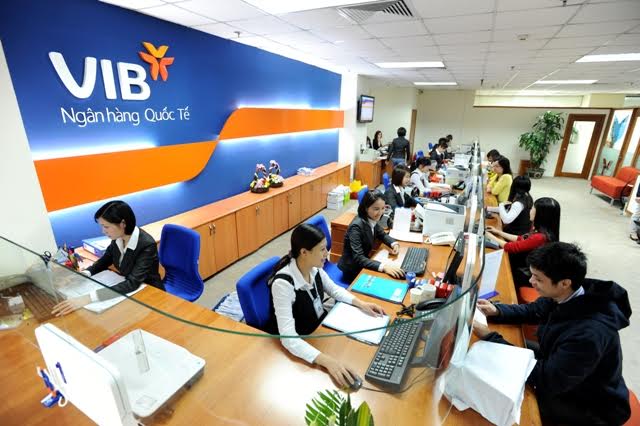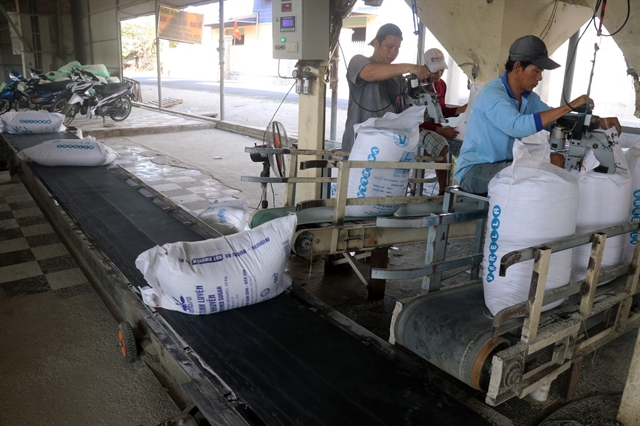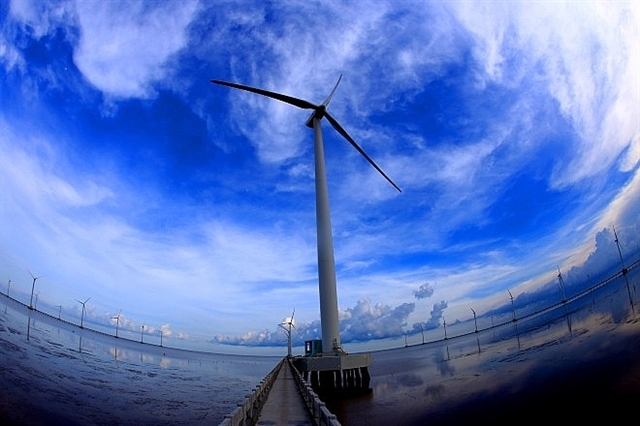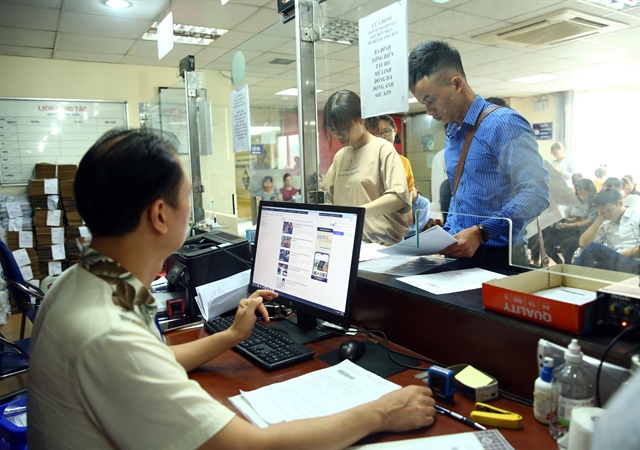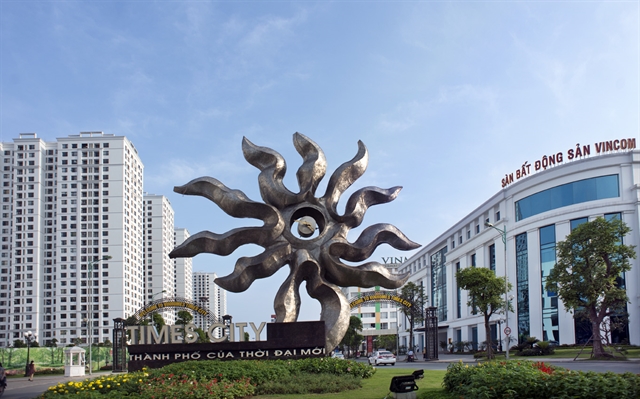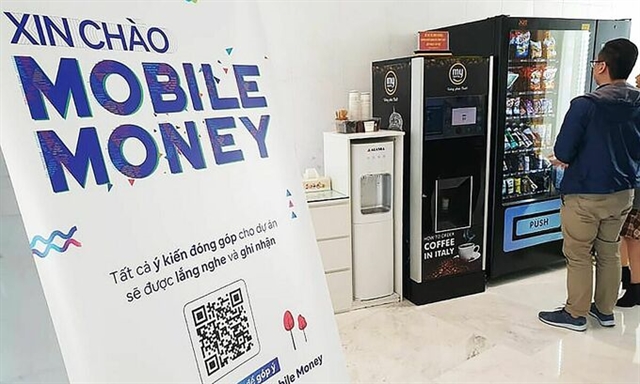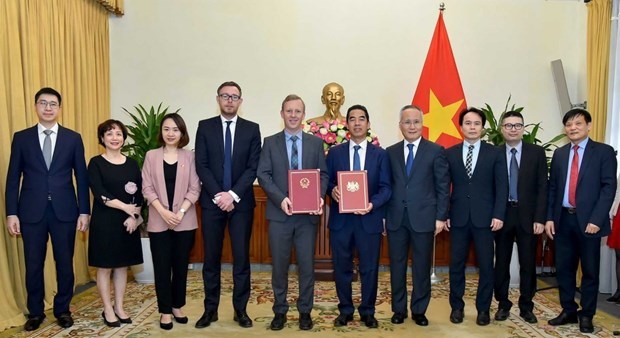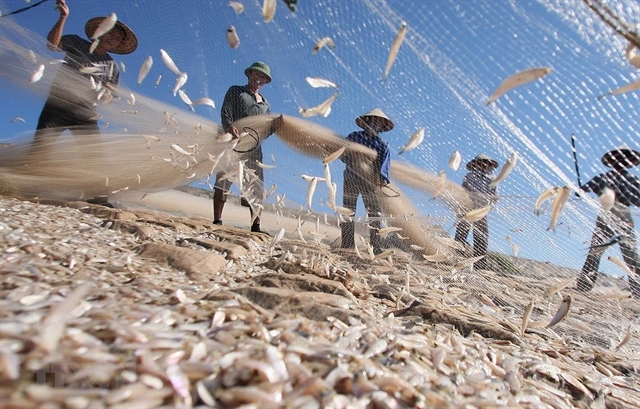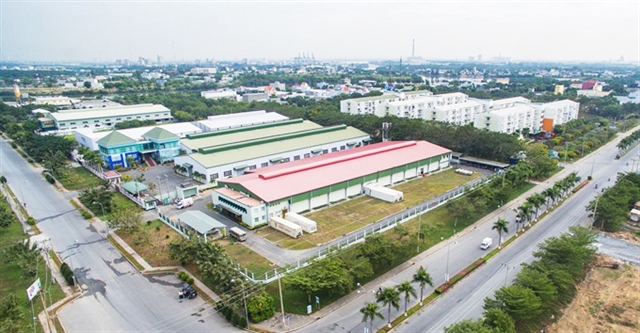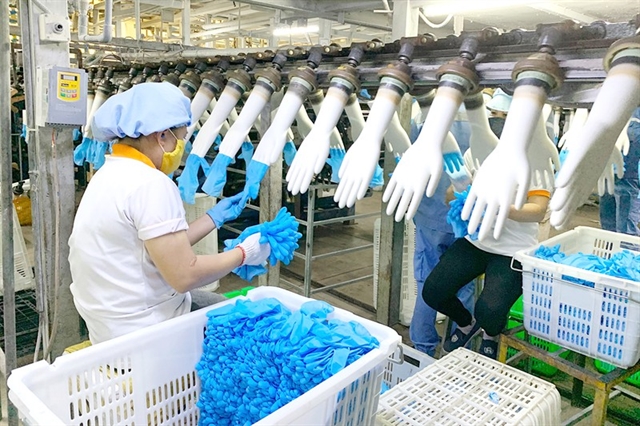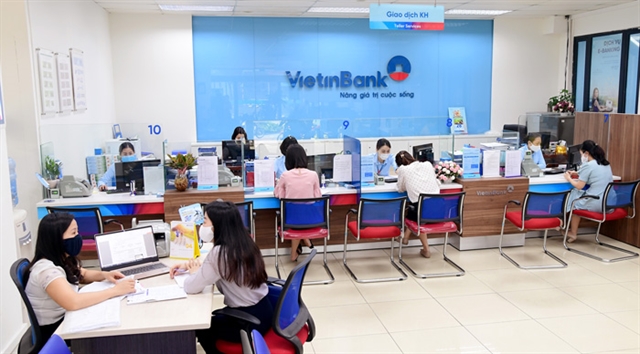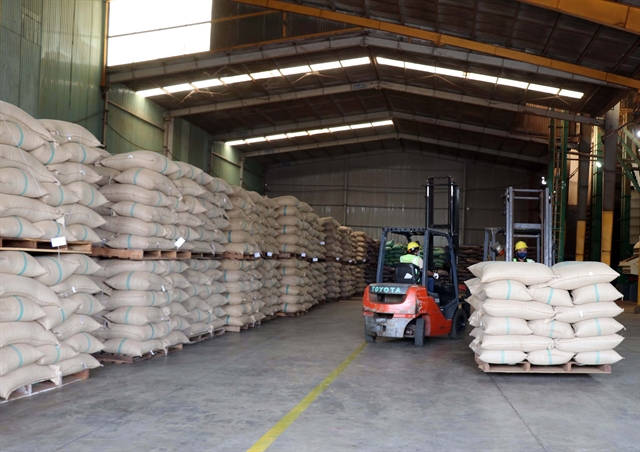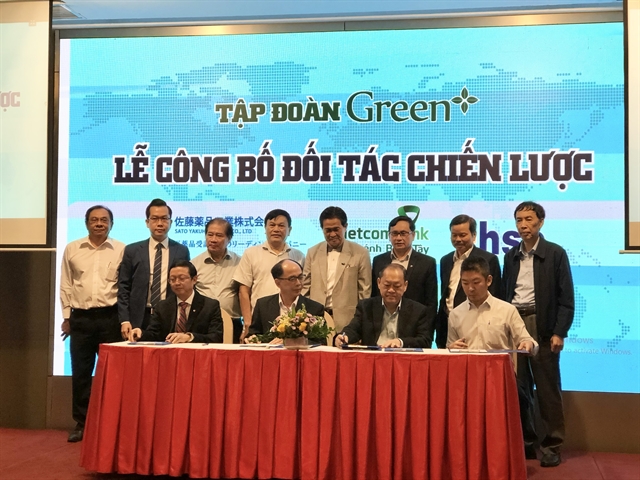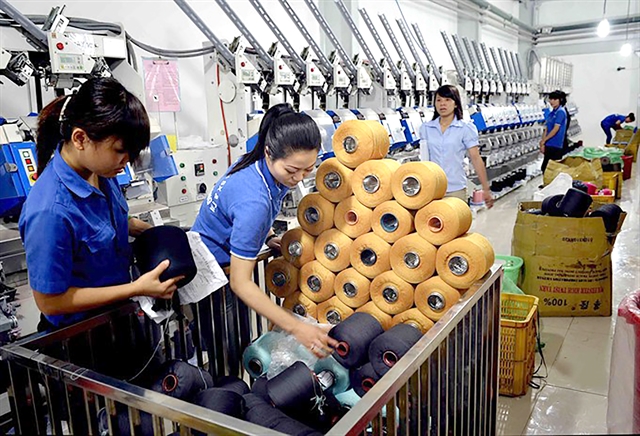
HÀ NỘI — The Government should develop more policies for Vietnamese small and medium enterprises (SMEs) to help them take advantage of the EU–Việt Nam Free Trade Agreement (EVFTA), according to experts.
Trần Duy Đông, Deputy Minister of Planning and Investment, said the EVFTA offers opportunities but also challenges, so Vietnamese businesses need to mobilise all resources to seize the opportunities. EU enterprises need to associate with Vietnamese enterprises while Vietnamese enterprises need to fulfill their commitments to become reliable partners for EU enterprises.
The Government's mission is to perfect an equal business environment and create favourable conditions for enterprises in production and business, Đông said.
Ambassador and Head of the EU delegation to Vietnam Pier Giorgio Aliberti urged the Vietnamese government to provide mechanisms and tools for local SMEs that could help them become stronger.
He also expected the deal to continue improving Việt Nam’s business environment, in turn making it easier for both Vietnamese and European companies operating in Việt Nam.
According to Nguyễn Minh Thảo, Head of the Department of Business Environment and Competitiveness Research under the Central Institute for Economic Management (CIEM), SMEs now account for nearly 98 per cent of total enterprises in Việt Nam and contribute 40 per cent of the country's GDP.
With a significant contribution, SMEs now have more opportunities for development with the presence of free trade agreements (FTAs), Industry 4.0 and new business models.
However, small and micro scale operations have hindered enterprises from improving productivity and business efficiency.
In addition, Bùi Thu Thủy, Deputy Director of the Department of Enterprise Development under the Ministry of Planning and Investment, said if Việt Nam's SMEs could not export their goods via global value chains, they could not really benefit from the EVFTA yet.
Thủy said the Government needed to promote institutional reform, remove barriers in policies and give more support for the SME community to meet the requirements of the EU market.
Nguyễn Văn Thân, Chairman of the Việt Nam Small and Medium sized Enterprise Association (Vinasme), said there were many opportunities from the EVFTA for Vietnamese enterprises, but they must have innovation, creativity and cooperation in production and business to succeed, reported the Thời báo Kinh doanh (Business Times) newspaper.
Việt Nam was implementing 14 FTAs but had limitations in taking opportunities from those FTAs due to complicated issues in non-tariff barriers and administrative procedures, Thân said.
Accordingly, he proposed that the Ministry of Industry and Trade (MoIT), the Ministry of Finance, and the Ministry of Agriculture and Rural Development accelerate the reform of administrative procedures, implement the national one-window mechanism, creating a favourable business environment for enterprises.
At the same time, the MoIT needed to handle tax evasion, use trade remedies and prevent goods of unknown origin, he said.
Debut of VN-EU e-commerce platform
A cooperation programme to help businesses optimise advantages from the EVFTA through the Việt Nam-EU e-commerce platform debuted in Hà Nội on March 26.
The programme was signed among the MoIT’s Department of E-Commerce and Digital Economy, the Việt Nam Institute of Business Management Science and Digital Economy (VIDEM), the Association of Small and Medium-Sized Enterprises, and the Kim Nam Group.
Addressing the signing ceremony, MoIT Deputy Minister Cao Quốc Hưng hailed efforts of all parties in putting the Vietnam-EU e-commerce floor into operation as soon as possible, thus helping Vietnamese firms to grasp opportunities from the EVFTA.
He underlined that amid the Fourth Industrial Revolution, the improvement of competitiveness and the development of infrastructure might create breakthroughs.
Hưng noted that last year, due to the COVID-19 pandemic, e-commerce in Việt Nam grew 18 per cent to over US$11 billion, enabling people to shop for almost everything online.
The Deputy Minister said e-commerce platforms such as Alibaba and Amazon had helped micro-sized enterprises and business households export their products, which seemed to be impossible in the past.
The official affirmed that the programme was expected to be the first step in the roadmap of designing fundamental technology solutions to assist enterprises, especially SMEs and business households, in improving their capacity and opportunities to reach international markets, thus optimising opportunities offered by the EVFTA.
Đặng Hoàng Hải, Director of the Department of E-Commerce and Digital Economy, said that along with difficulties, COVID-19 had also brought in opportunities for Việt Nam in speeding up transition.
The department had cooperated with agencies representing the SME community of Việt Nam to help them grasp chances from the deal, he said.
Hải added that the Việt Nam-EU e-commerce floor was expected to realise the goal of connecting relevant digital solutions to build a complete digital ecosystem, helping businesses trade on a single platform.
According to VIDEM Director Nguyễn Kim Hùng the floor is a national-scale project that aims to create a B2B Marketplace, while building an “expressway” connecting Vietnamese firms with international partners, especially those from Europe.
Hùng said that the floor is connected with the existing trading floors of cities and provinces, helping to build a national database facilitating the transparency in origin of products, and providing information to the business community of Việt Nam and other countries on trade deals and relevant policies.
The trading floor is also expected to contribute to bolstering the partnership between Việt Nam and the EU, especially in economy and trade.
Nguyễn Văn Thân, Vinasme Chairman, proposed that the VIDEM seek solutions to facilitate Vietnamese firms’ integration and protect them from risks and challenges while the trading floor becomes officially operational.
Statistics showed that the EU is one of the leading trade partners of Việt Nam with two-way trade reaching $56.45 billion in 2019, including $41.5 billion worth of Vietnamese exports. VNS
